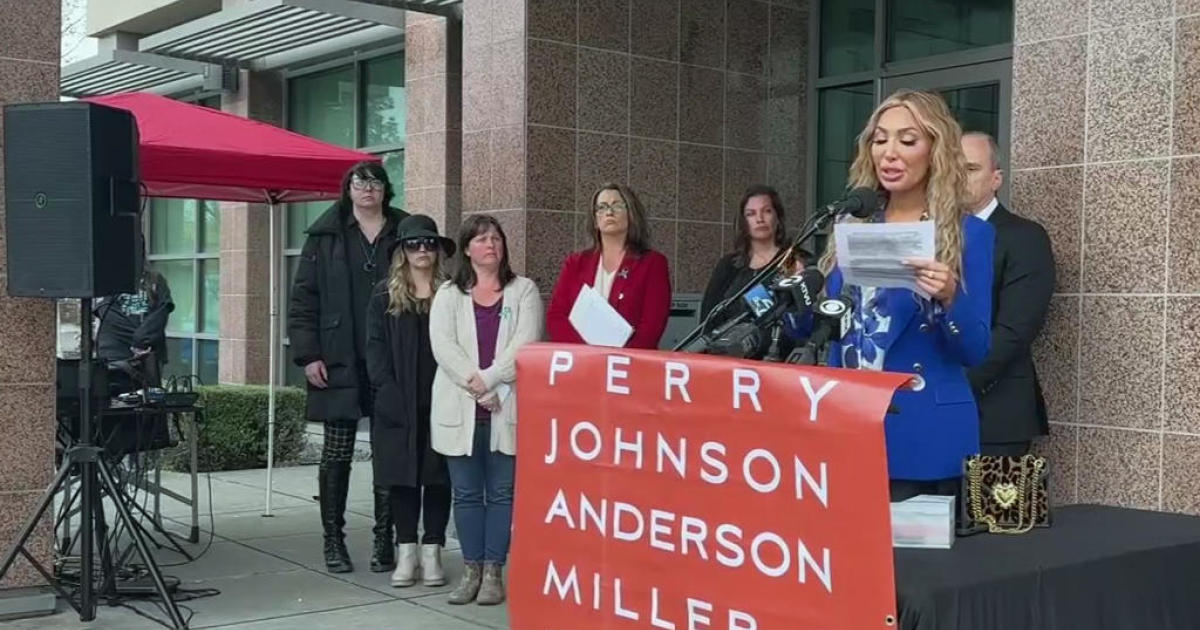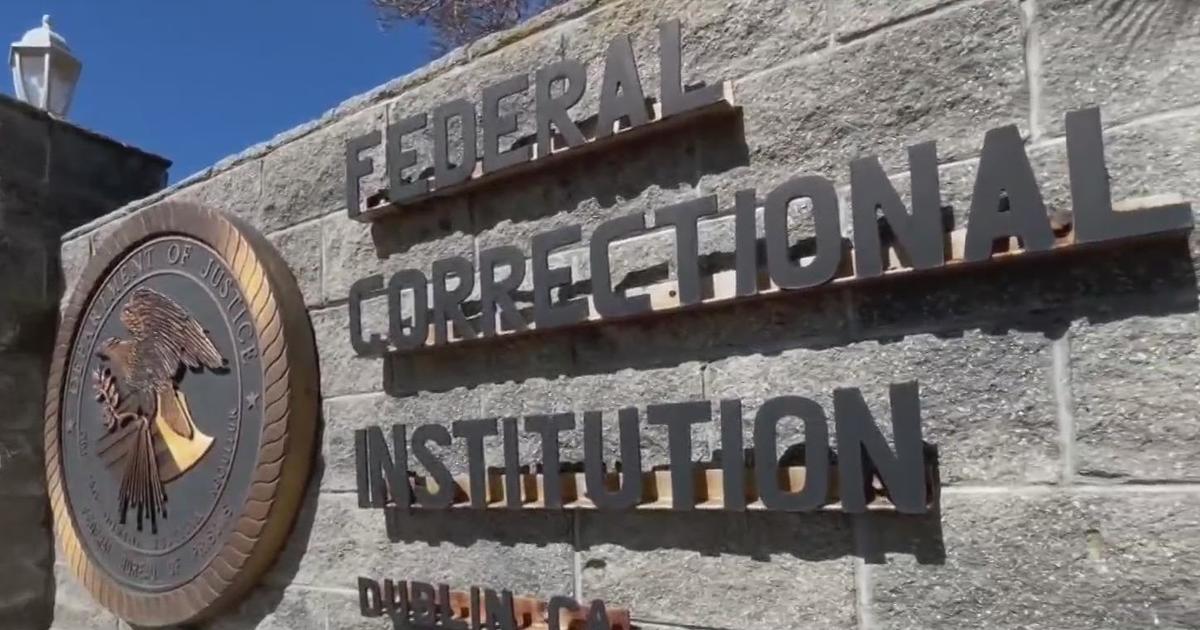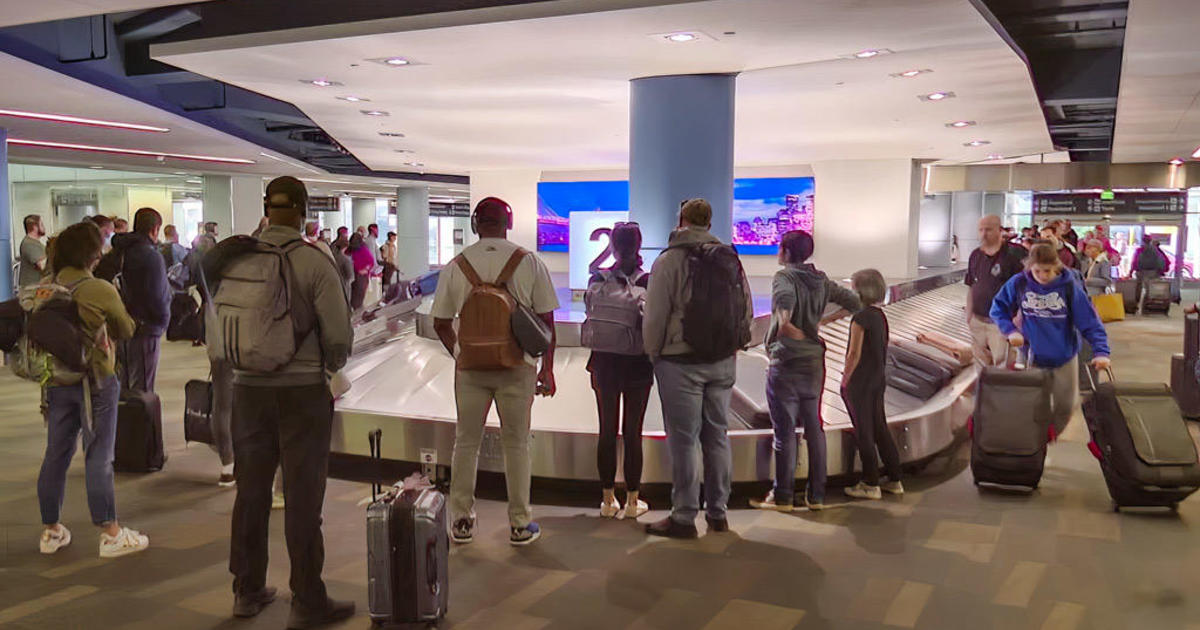MERCED (CBS SF) -- A Merced man accused of being one of the largest vendors selling cocaine and marijuana on the dark web marketplaces was arrested Monday after a federal agent apparently discovered he had registered, or attempted to register and trademark, his drug-dealing alias.
David Ryan Burchard, 38, allegedly used "caliconnect" as his alias on the now-defunct Silk Road and apparently used similar usernames on Silk Road's successor site and then on other dark web marketplaces, including the now-defunct Agora and Abraxas and the still active AlphaBay, according to the U.S. Attorney's Office for the Eastern District of California.
These dark-web, or dark-net, websites utilize the TOR network, which is designed to conceal the true Internet Protocol, or IP, address of the computers both accessing and hosting the servers for such sites.
About a year ago, Homeland Security Investigations special agent Matthew Larsen noticed that Burchard was selling "millions of dollars of Bitcoins to an unlicensed digital currency exchanger," Larsen wrote in an affidavit.
This activity prompted investigators to place a GPS tracking device on Burchard's car and conduct physical surveillance that allegedly detected Burchard delivering packages of drugs to post offices.
In the affidavit, Larsen writes that he learned on June 3, 2015 that Buchard had registered or attempted to register or trademark the phrase "caliconnect."
When investigators searched Reddit and other public websites for "caliconnect," he found comments and reviews from people who had ordered marijuana from the dark-web vendor using that same username, according to the complaint.
Homeland Security Investigations described "caliconnect" as a marijuana vendor, with sales of over $1.4 million on the now-defunct Silk Road.
- Former Secret Service Agent Who Stole $820K In Bitcoins During Silk Road Investigation Pleads Guilty
"The FBI estimates that 'caliconnect' was the eighteenth largest vendor worldwide out of the approximately 4,000 vendors who sold goods on the Silk Road," Larsen writes in the affidavit.
He allegedly shipped drugs from post offices in Merced and Fresno counties to his customers throughout the United States, and was paid primarily in Bitcoin, as well as on prepaid cards. The prepaid cards led investigators to Burchard, according to the complaint.
On the morning of January 21st, investigators executed a search warrant at Burchard's residence. Burchard, his wife and three minors were home at the time, Larsen states in the affidavit.
Investigators seized several computers, electronic storage devices and a trash bag of marijuana from the home as well as additional evidence from storage units.
They also seized a 2010 Jaguar XF, a Mercedes S63 AMG, a 2013 Mercedes C250 and a 2007 Chevy Tahoe, according to Larsen.
Investigators also allegedly found clothing apparel with the label "caliconnect," according to the affidavit. In a subsequent interview with Larsen, Burchard apparently told him that "caliconnect" was the name of his clothing brand. Burchard said he had filed paperwork to trademark the clothing brand. That was the same paperwork that had attracted the attention of investigators.
In the interview with Larsen, Burchard apparently denied selling marijuana on the dark-web, but admitted he sold it offline as a teenager.
He told Larsen he and his family had been living off $100,000 life insurance payment they received after the June 2015 death of his daughter.
He also said he had been making money by trading bitcoin since 2012 on the website localbitcoins.com.
Ryan L. Spradlin, special agent in charge of Homeland Security Investigations San Francisco said, "Criminals continue to spread their businesses through online black‑markets using digital currency like Bitcoin, however they do not escape the reach of law enforcement who will continue to investigate, disrupt, and dismantle hidden illegal networks that pose a threat in cyberspace."
The U.S. Department of Justice released this statement regarding the use of bitcoins:
"While not inherently illegal, digital currency is used by dark-web marketplaces because online transactions in digital currency can be completed without a third-party payment processor and are therefore perceived to be more anonymous and less vulnerable to law enforcement scrutiny."
Burchard was charged with distribution of marijuana and cocaine on dark-web marketplaces and made his initial appearance Tuesday before U.S. Magistrate Judge Erica P. Grosjean in Fresno.
Burchard could face a penalty of up to 40 years in prison and $2 million in fines, according to the complaint.
By Hannah Albarazi - Follow her on Twitter: @hannahalbarazi.



